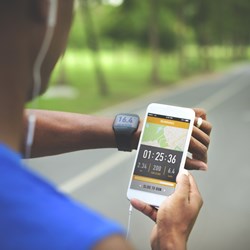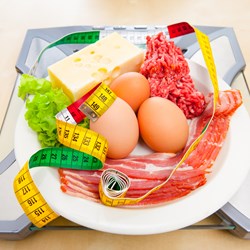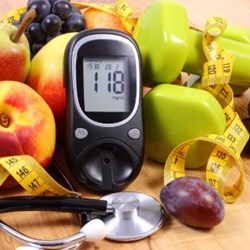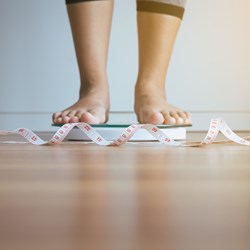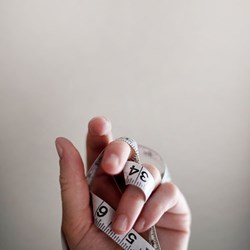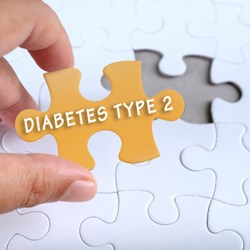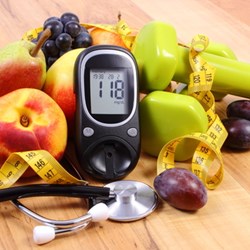Keeping Healthy
GLP-1 Analogue Supply Problems
There is currently a serious problem with the availability of the GLP-1 agonist medications for diabetes. This means that you may have difficulty obtaining a supply of your medication or may not be able to get hold of it at all.
Although this is bad news for many people, there are things you can do. This has made some people really have a think about their diabetes and whether they can make changes to improve things or even put their diabetes into remission.
Which medications are affected?
There is a reduced supply of ALL the GLP-1 receptor agonist drugs:
- Semaglutide (“Ozempic” and “Rybelsus”)
- Dulaglutide (“Trulicity”)
- Liraglutide (“Victoza”)
- Lixisenatide (“Lixumia”)
- Exenatide (“Bydureon” and “Byetta”)
Which areas are affected?
The whole of the UK – England, Scotland, Wales and Northern Ireland.
What should you do?
- Contact your healthcare team, if they have not already contacted you. There are a number of options, including:
- alternative medications
- local structured education programmes
- local weight management programmes
- local diabetes remission programmes.
- See this information leaflet produced by the NHS with advice about the current GLP-1 situation
- Have a look through the resources below that will help you stay on top of your diabetes
What should you NOT do?
- Double up a lower dose of medication
- this is will only make the shortage of medication worse
- Buy your medication online without prescription
- This is illegal
- You don’t know what you are buying – the medicine that you get may not be what it says it is
Other places to get help
Advanced Search
Resource type -
Language -
Type of diabetes -
People with diabetes are encouraged to exercise regularly for better blood glucose control and to reduce the risk of cardiovascular diseases. Additional benefits of exercise include a healthier heart, better weight control and stress management.
Most people treat their Type 2 diabetes with medication, diet and exercise. But some people are able to stop taking medication and put their diabetes into remission. This can be life-changing.
A low carbohydrate diet is one strategy that some people might find helpful to manage their type 2 diabetes. It allows the body to maintain glucose levels at a low but healthy level.
A video featuring some practical advice on weight management for people with type 2 diabetes and those who are at risk of developing it.
This page contains useful tips on how to maintain a healthy balanced diet.
This page describes two ways used to calculate if you are a healthy weight: BMI and waist circumference. These are used to work out if you are underweight, a healthy weight or overweight and any potential impact your weight has on your health.
This page discusses physical activity and exercise.
This page gives advice on how to get started if you want to lose weight.
This page discusses strategies for weight loss, including different eating plans and tips for getting off to a good start.
This introduction to type 2 diabetes is a bitesize version of our more comprehensive My Type 2 Diabetes course. It covers all of the basics that you need to know about type 2 diabetes.
This course is aimed specifically at people newly diagnosed with type 2 diabetes. However, if you are either newly diagnosed or have been living with diabetes for some time, this will help you to understand your diabetes better.
Through this course, we aim to give you the information you need to know about what type 2 diabetes remission is and how people have achieved it.
